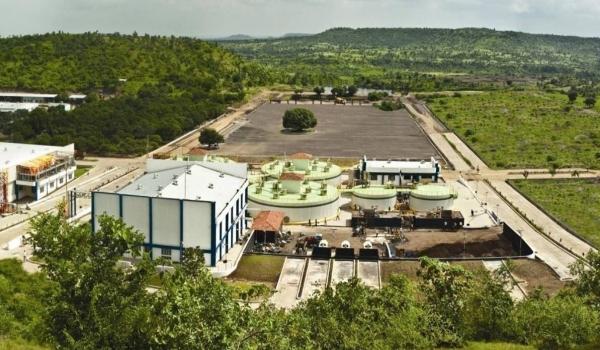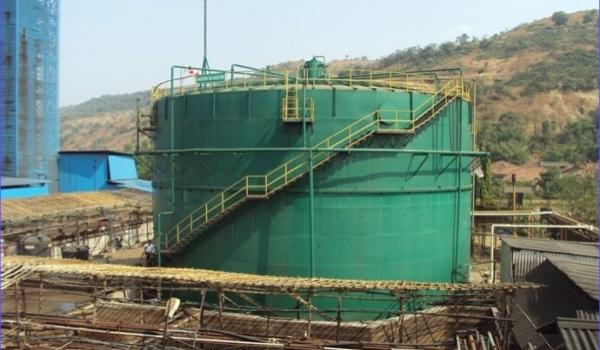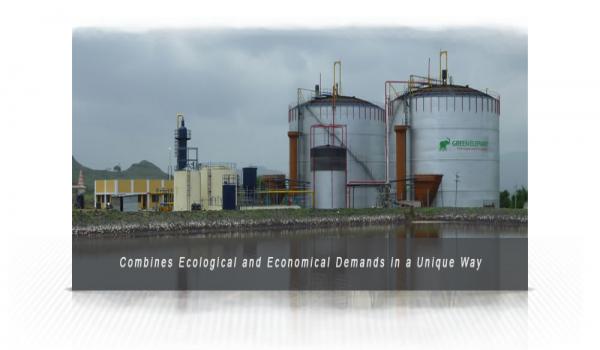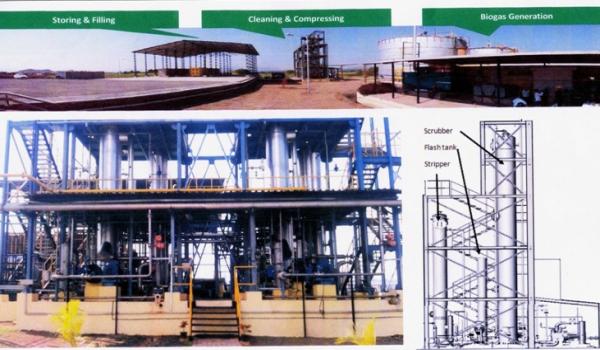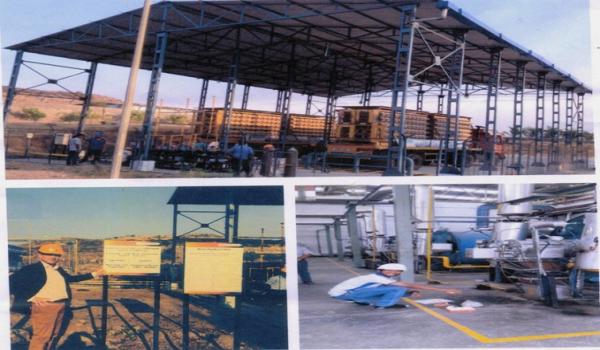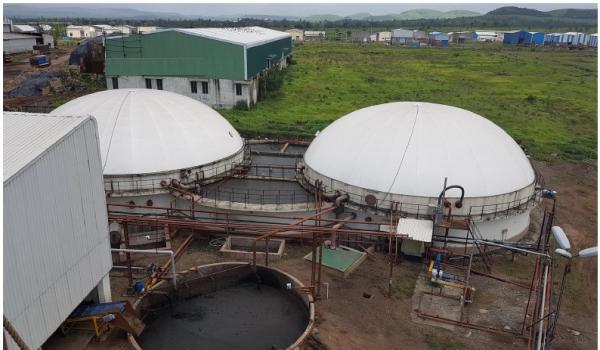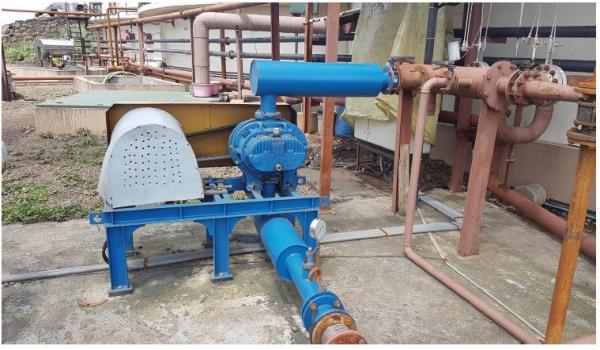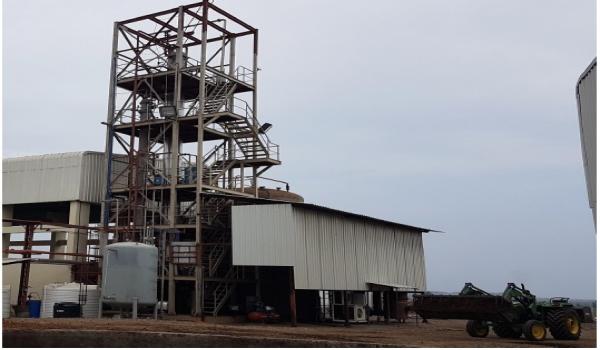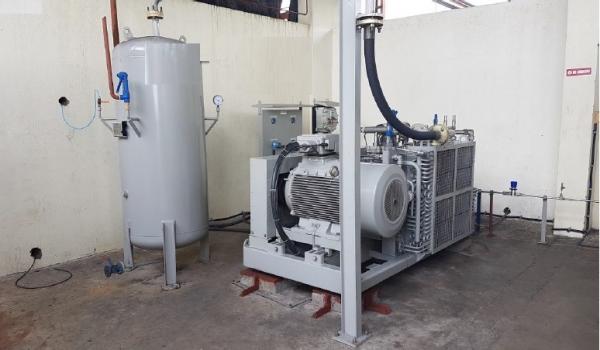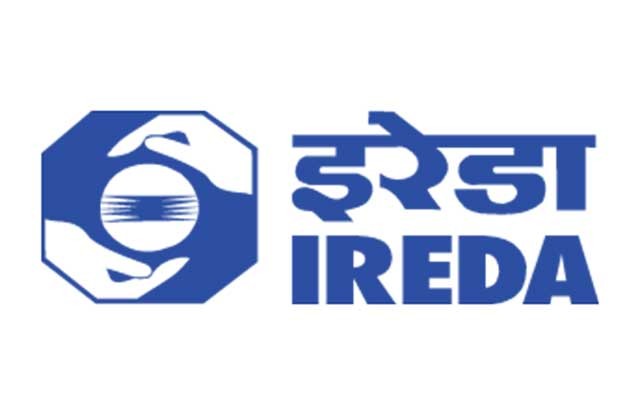Bio Energy
Energy from Urban, Industrial & Agricultural Waste /
Residues
Large quantities of wastes are being generated due to growing industrialization leading to increased pollution. In conjunction with industrial waste, agricultural & urban wastes are also available in huge quantities. Most of the Urban, Industrial & Agricultural Waste/Residues generated, find their way into land and water bodies without proper treatment, causing severe contamination & emission of greenhouse gases. These wastes are resources for energy generation due to its ability to get degraded. For the energy recovery from these urban, industrial & agricultural waste/residues technologies such as biomethanation, combustion, gasification, pyrolysis or their combination can be used.
The main objectives of the programme are as follows -
a) To promote setting up of projects for recovery of energy from Urban, Industrial & Agricultural wastes.
b) To create conducive conditions & environment with fiscal and financial regime, to develop, demonstrate and disseminate utilization of wastes and residues for recovery of energy.
Urban Waste -
The proliferation of urban waste has direct impacts on sanitation in India. With crowded cities and significant poverty, millions of people in Indian cities are directly exposed to the harmful effects of all urban waste, especially from fecal and sewage sludge from rivers and lakes. The economic costs of these harmful effects are prohibitive. Hence, bio-methanation based projects for recovery of energy from urban wastes such as sewage gas, cattle dung, vegetable market etc. can be considered under this programme.
Industrial & Agricultural Waste / Residues -
Under this policy, projects based on any bio-waste from industrial/agro –industrial sector (excluding bagasse) that requires pre-processing before utilization for energy recovery are promoted. This will accelerate the installation of energy recovery projects from industrial & agriculture wastes; also various conversion technologies can be assessed and upgraded with a view to harness the available potential.
Mixing of other wastes of renewable nature (including rice husk, bagasse, sewage, cow-dung, other biomass and industrial effluents, including distillery effluents, upto a maximum of 25% are permissible) are also permitted.
Technical Information & Criteria -
The scheme provides Central Financial Assistance for following applications;
i) Biogas production from industrial waste
ii) Power generation or production of bio-CNG from biogas produced from sewage and industrial wastes or from urban and agricultural wastes through biomethanation
iii) Production of bio-CNG
iv) Power generation from solid industrial waste
v) Installation of biomass co-generation projects (excluding bagasse co-generation) in industry for meeting the requirement of captive power and thermal energy
Criteria based on type of wastes -
i) Projects based on any bio-waste from urban, agricultural, industrial/agro – industrial sector (excluding bagasse
ii) Projects for co-generation /power generation & production of bio-CNG from biogas
iii) Mixing of other wastes of renewable nature, including rice husk, bagasse, sewage, cow- v dung, other biomass and industrial effluents (excluding distillery effluents) will be permissible
ix) Use of a maximum of 25 % conventional fuels would be allowed in Biomass Co-generation (non-bagasse) projects based on agricultural wastes and residues other than bagasse
Criteria based on technologies -
i)Projects based on waste-to-energy conversion technologies, namely, biomethanation, combustion, gasification, pyrolysis or a combination thereof
ii)Projects for generation of power from biogas will be based either on 100% biogas engines or steam turbines with a minimum steam pressure of 42 bar
iii)The projects based on biomethanation of MSW should be taken up only on segregated/uniform Waste unless it is demonstrated that in Indian conditions, the waste segregation plant/process can separate waste suitable for Biomethanation
iv)Bio-CNG to be produced will have to meet the BIS specifications as per IS 16087 : 2013
Criteria based on capacity -
There will be no minimum / maximum limit on capacity of projects supported under this programme; however, cattle dung based power generation projects of up to 250 kW capacity will not be considered under this programme.
Central Financial Assistance -
|
S.N. |
Waste/ Processes/Technologies |
Capital Subsidy |
|
|
Power generation from biogas at sewage treatment plant or through Biomethanation of Urban & Industrial & Agricultural Wastes/residues including cattle dung or production of bio-CNG |
Rs. 2.00 crore/MW or Bio-CNG from 12000 m3 biogas/day (Max. Rs. 5 crore/project) |
|
|
Biogas generation from Urban, Industrial and Agricultural Wastes/residues |
Rs. 0.50 crore/MWeq. (12000 m3 biogas/day with maximum Rs. 5 crore/project) |
|
|
Power generation from Biogas (engine/gas turbine route) & production of bio-CNG for filling into gas cylinders |
Rs. 1.00 crore/MW or bio-CNG from 12000 m3 biogas (Max. Rs. 5 crore/project) |
|
|
Power generation from Biogas, Solid, Industrial, Agricultural waste/residues excluding bagasse through Boiler + Steam Turbine Configuration |
Rs. 0.20 crore/MW (Max. Rs. 1 crore/project |











